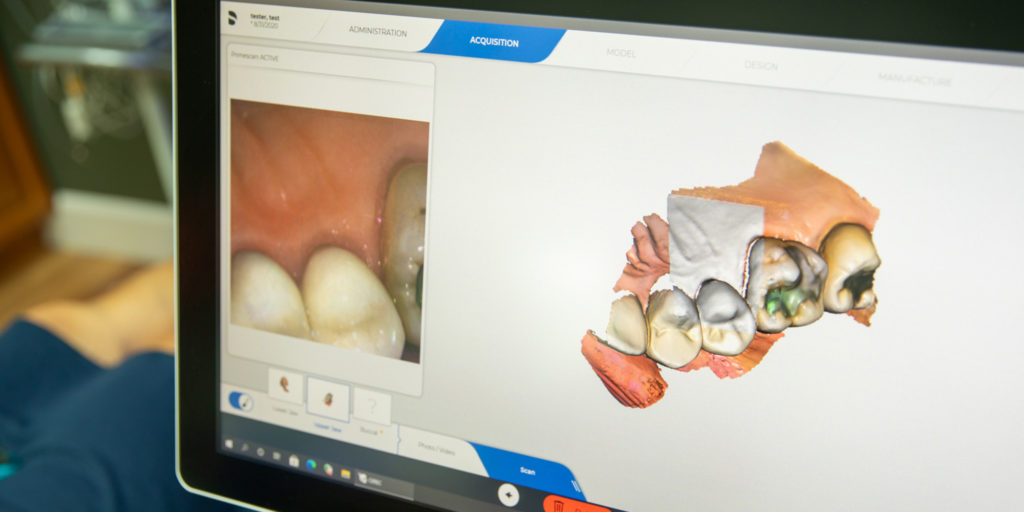

Please note we may not offer these treatments at our office. Contact (931) 391-3089 to learn more.
Regenerative endodontics is a cutting-edge approach to treating damaged or infected teeth and an alternative treatment for root canal therapy. This innovative procedure uses the body’s natural healing mechanisms to regenerate new tissue and restore the function of the affected tooth. While traditional endodontic treatments focus on removing damaged tissue, regenerative endodontics aims to restore the tooth to its natural state.
Learn more about this treatment with our experienced Spring Hill, TN dentist’s guide or by calling (931) 391-3089.
Regenerative endodontics (RET) removes damaged or infected pulp tissue and places bioactive material into the root canal. This material contains growth factors and stem cells that promote the regeneration of new tissue, including the pulp and dentin, which make up the core of the tooth. Over time, this new tissue can restore the tooth’s natural function and structure.
The primary goal of RET is to achieve root maturation and apical closure, allowing the tooth to continue its normal development. This treatment approach is particularly beneficial for young patients whose teeth are still developing.
Traditional endodontic treatments such as root canal treatment (RCT) may result in thin and fragile roots, which can increase the risk of tooth fracture over time. RET, on the other hand, aims to stimulate root development, leading to stronger and more resilient teeth in a process known as tissue engineering.

Regenerative endodontics offers several benefits over traditional endodontic treatments, including:

Unfortunately, not all patients are candidates for regenerative endodontic procedures. The following factors are considered when determining if a patient is a good candidate for regenerative endodontics:
A dental professional will examine the infected tooth to determine the extent of the damage and whether regenerative endodontic treatment is an appropriate option.
Your Location dentist will make an opening in the tooth to access the pulp chamber and root canal space. They’ll remove damaged or infected pulp tissue and thoroughly clean the root canal space.
They’ll introduce a regenerative material into the root canal space, which may include blood products, stem cells, growth factors, or other materials that stimulate new tissue growth.
Your dentist will place a temporary filling in the tooth to protect it while the new tissue develops.
You’ll need to return for several follow-up appointments to monitor the progress of the treatment and assess whether the new tissue is developing as it should.

While regenerative endodontics shows promise for treating immature permanent teeth with infected pulp, there are several limitations associated with this approach. Here are some common limitations:
Regenerative endodontic treatment typically requires multiple appointments over several months to complete. The exact length of treatment will depend on factors such as the severity of the damage, the patient’s age, and the healing rate of the tooth.
Insurance coverage for regenerative endodontic treatment can vary depending on the patient’s policy and the treatment performed. Patients should check with their insurance provider to determine whether regenerative endodontic treatment is covered and to what extent. In some cases, insurance may only cover the cost of traditional root canal therapy, not regenerative endodontics.
Regenerative endodontics is a promising new approach to treating damaged or infected teeth. By using the body’s natural healing mechanisms, regenerative endodontics can promote the growth of new tissue and restore the function of the affected tooth. As research continues, regenerative endodontics will likely become an increasingly popular option for dental patients seeking to preserve their natural teeth.
Contact Dentistry By Design in Spring Hill, TN, at (931) 391-3089 to schedule your consultation.
I understand the information disclosed in this form may be subject to re-disclosure and may no longer be protected by HIPAA privacy regulations and the HITECH Act.